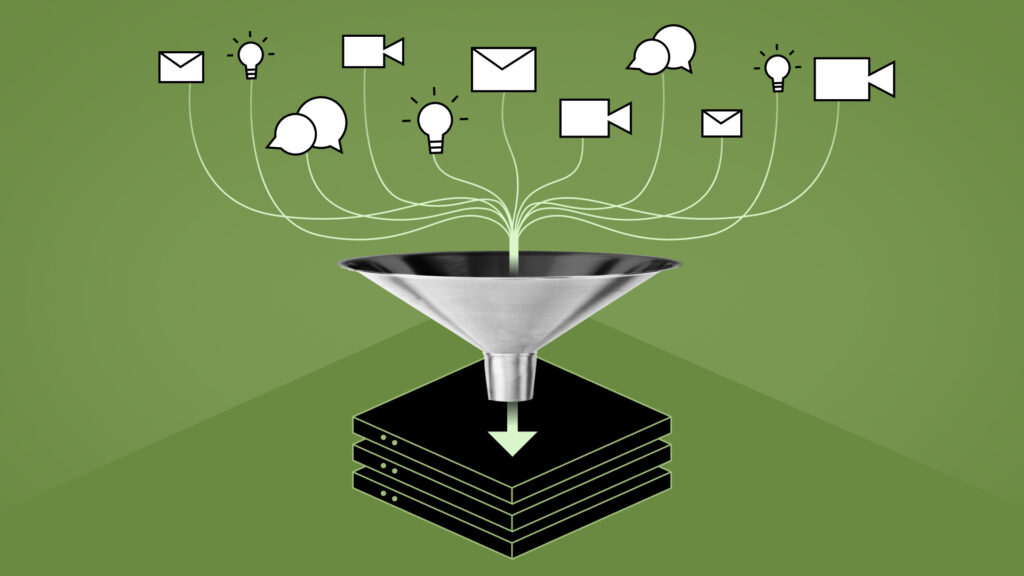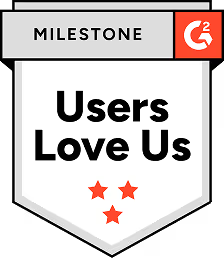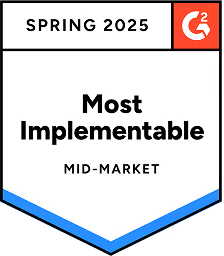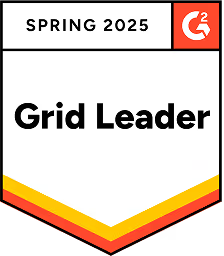14 Signs You Need a New Sales Tech Stack
.jpeg)
“The more things change, the more they stay the same” is never more true than when you're talking about sales. Even as the methods and modes of selling perpetually evolve at an ever-accelerating velocity, the core tenets seem to remain the same.
Still, even with its solid foundation of truths, the profession exists in a dynamic atmosphere. One that requires continuous evaluation and hypothesizing, if you want to keep up to match buyer’s demands.
One area where the evolution of sales and its foundational truths have grown to intersect is a place called the tech stack.
In other words, the more things change, the more the importance of questioning your sales tools stays the same.
It's an area that's often overlooked, especially when sales teams are distracted by individual performance. But now more than ever, it's important to continuously evaluate your sales tools and processes to align them with your goals and your biggest opportunities for improvement to help you win more.
If you're unsure whether it's time for a tech stack change, take a look at our list of 14 signs that you're ready to re-evaluate your sales tools.
Keep reading for more information on each of these signs, and what you can do about it.
14 Signs That You Should Change Up Your Sales Tools
1. Your sales cycle is lengthening
If your sales cycle is lengthening, it could be a sign that your sales tools are no longer effective and keep the right deal velocity humming. This is where sales data management and analytics tools can come into play.
If you're not already, look into keeping track of your sales pipeline, funnel and cycle. It’s key to have tools that help understand the length of your sales cycle and the impact various activities have upon it so you know how to affect change.
2. You're using multiple tools to do the same thing
Redundancies happen. Sometimes tools slip through the cracks and you double dip, especially as tech platforms expand and deliver new capabilities over time. Make sure you're not keeping any around that fill a need that's already met.
Having multiple tools completing the same task or business objective can get out of hand quickly. Instead, evaluate and consolidate.
3. Your tools are no longer supported by the manufacturer
This one is easy and guarantees that it's time to upgrade. Outdated tools can no longer be updated with new features and security patches, which can put your business at risk. Choose a tool that is actively supported by the manufacturer so you can be sure you're always keeping customer and company information safe.
4. You're not getting the features or support you need
A common complaint from sales teams is that a tool would be perfect, if only…something — if only it had this feature or if only it had that capability. Too often, teams will stick with what they already have and then add other tools to fill in the gaps, in a sort of a la carte style approach.
If you're not getting what you need or expect from your current tools, it may be time to make a comprehensive change and not just accept a band-aid solution.
5. Your toolset is preventing you from scaling
Rapid growth is a great indicator that it's time to up-level. You might need to switch to an enterprise-level solution that can handle more users, data, and complexity, or you may need to abandon a tool altogether as you outgrow it.
It's normal to outgrow what once worked. That's why it's important to get in the habit of re-evaluating your sales tools regularly.
6. You're not happy with your toolset
Perhaps the most obvious sign that it's time to re-evaluate your sales tools is feeling unhappy with them. Only you know how you feel when you log into that CRM every day or open up that analytics tool you've been using for years. The feeling that your tools give you is important because you're living in it while you work.
Pay attention to the moods that your tools put you in. In short, when your tools are truly serving you, they'll spark as much joy as going all “Marie Kondo” on your home. Okay, maybe not that much… but they should bring you joy if they are helping you win more as a sales professional.
7. You're paying for features you don't use
There's no point in paying for bells and whistles you'll never touch. Instead, invest in a tool that has the features you actually need to help you open and close more deals.
The same is true for the integrations a tool offers. If the cost is higher because of all the integrations the tool supports, but you aren't using any of them, pay attention to your other options. There may be a similar service or solution out there with a lower cost, and without the extra features or integrations.
8. You're spending more time managing your tools than using them
If you find yourself spending more time managing your sales tools than actually using them to sell, it's a sign that it's time for a change. There are too many options on the market to be stuck with a tool that's more trouble than it's worth.
9. Every team is using something different
Sales and marketing both have the same goal: driving revenue. If they’re using different tools, it can lead to duplicate data entry, missed opportunities, and confusion about which tool to use for what tasks.
That lost time can add up to a lot of lost revenue and poor customer experience. Plus, having everyone on the same tools is also a cost saving move because it can be cheaper to consolidate.
10. You're tab-hopping between software
When your sales tools are not properly integrated, your reps are going to have a choppy experience daily. It’ll slow them down and interrupt their workflow. The good news is that integrative sales tools have become a standard.
If you haven't taken a second look at your tech stack in a while, the tools you're using may be behind that standard. Start shopping around and you'll see that expecting integrations into your CRM or MAP isn’t too much to ask.
11. More cost, less results
When evaluating your sales tools, it's important to benchmark not only the features but also the price. If you're paying more for the same (or less), it may be time to look for a new tool.
Many affordable options on the market can provide the same or better results as the expensive ones. It's time to do some research and find a tool that fits both your needs and your budget.
12. You’re lacking analytical insights
If you're unable to track or measure important data points, you're working in the dark. That's not an effective way to operate as a team.
It's important to have visibility into the performance of your sales process to make informed decisions. If your current sales tools don't provide the needed data, it's time to look for something new.
13. Your sales team is using too many different tools
It’s always great to find a new tool to help augment a process or workflow your sales team does manually today but, ironically, too many tools can quickly become a bad thing.
Having a streamlined tech stack is vital to your team’s ability to focus on selling. You don’t want them managing a bunch of different tools. If they are, it might be time to see if you can consolidate multiple tools into a single, holistic solution.
14. Your CRM is difficult to use
Your CRM is one of the most important tools in your sales toolkit, so it's important to ensure it's up-to-date and easy to use.
If you're using an outdated CRM or one that takes too much time to complete simple tasks, it could be costing your team valuable time and money doing administrative work, instead of selling. Consider upgrading to a newer, more user-friendly CRM to help your team work more efficiently.
Closing thoughts
A couple of these signs may not necessitate a major change, but if 4 or more items on the list resonate with you, it’s time to stop suffering and start exploring. Either way, regularly evaluating your tech stack is beneficial.
Choosing the right sales tools can be a challenge - there's a never-ending stream of options out there - but taking the time to find the right fit for your business will pay off in the long run, not just for revenue generation, but for some peace of mind.
These days, finding the right sales tools also means understanding how Generative AI can be a major boost to your reps productivity. Find out more in our guide to navigating the AI landscape, Using Generative AI to Boost Your Sales Team’s Productivity.
FAQs
Read more posts
View all BlogsNeed more help?
If you still have questions, make sure to check out our Help Center: there, you'll find all the tips & advice you'll need to get your team up & running with Regie.ai.









